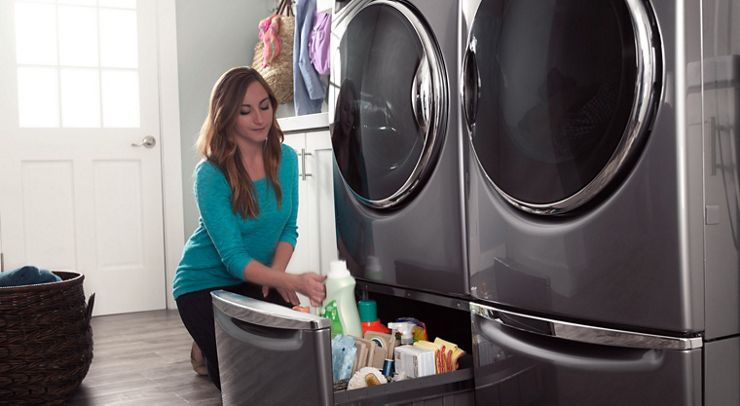Whirlpool Corporation posted net sales of $19.724 billion in 2022, a year-over-year decline of 10.3%, and projects lower revenues for 2023.
The company says it is committed to being the best global kitchen and laundry company in the constant pursuit of improving life at home.
Its brands include Whirlpool, KitchenAid, Maytag, Consul, Brastemp, Amana, Bauknecht, JennAir, Indesit, Yummly and InSinkErator.
By 2023, Whirlpool forecasts revenues of approximately $19.4 billion (down 1-2% from the previous year).
Overall, competition in the large appliance sector is intense, and includes competitors such as Arcelik, BSH (Bosch), Electrolux, Haier, Hisense, LG, Mabe, Midea, Panasonic and Samsung, many of which are increasingly expanding beyond their current manufacturing footprint.
The competitive environment includes the impact of a changing retail environment, including the shift in consumer purchasing practices to e-commerce and other channels.
In addition, Whirlpool’s customer base includes large, sophisticated commercial customers who have many choices and demand competitive products, services and pricing.
Whirlpool
The company filed petitions in 2011 and 2015 alleging that Samsung, LG and Electrolux violated U.S. and international trade laws by dumping large residential washing machines in the United States.
Those petitions resulted in orders imposing antidumping duties on certain large residential washing machines imported from South Korea, Mexico and China, and countervailing duties on certain large residential washing machines from South Korea.
In March 2019, the order covering certain large residential washing machines from Mexico was extended for an additional five years, while the order covering certain large residential washing machines from South Korea was revoked.
The order covering certain large residential washing machines from China is currently subject to administrative review to determine whether the order should be extended.
Whirlpool also filed a safeguard petition in May 2017 to address our concerns that Samsung and LG were evading U.S. trade laws by shifting production from countries covered by antidumping orders.
Tariffs
A safeguard remedy went into effect in February 2018, implementing tariffs on finished large residential washing machines and certain covered parts for three years.
In January 2021, the measure was extended for two years, until February 2023.
During the fourth year of the remedy, beginning February 7, 2021, the remedy imposes a 15% tariff on the first 1.2 million large residential washing machines imported into the United States (under tariff) and a 35% tariff on such imports in excess of 1.2 million.
It also imposes a 35% duty on imports of washing machine tubs, drums and cabinets in excess of 110,000.
Under the order modifications approved in 2020, the 1.2 million under tariff is allocated on a quarterly basis (300,000 large household washing machines per quarter).
![]()

